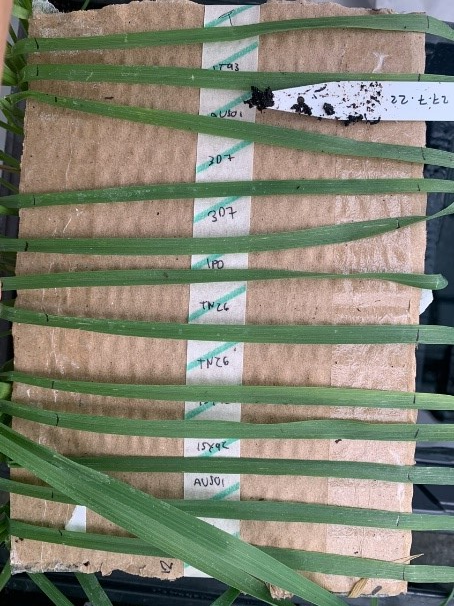In 2022, five bursaries were awarded to a range of projects covering medical mycology, plant pathology, beverage production and fungal ecology.
Mycorrhizas and soil carbon

Implications of reduced sugar for yeast physiology and potential for drinks spoilage

The effect of commercial mycorrhizae on Armillaria root rot of privet and strawberry

Teaching an old dog new tricks: Characterisation of the antifungal activity of toyocamycin against Candida albicans

Sporulation of Zymoseptoria tritici

Note: We previously reported that a 2022 bursary had been awarded to Natalia Timanikova, to work in the lab of Prof Stephen Woodward (University of Aberdeen) on a project to investigate differences in fungal endophyte communities in seagrasses in response to varying levels of salinity as an ecological factor. The award was later declined by Prof Woodward, as Natalia had been successful in receving another grant for a different project, and the BMS bursary would not be used.

